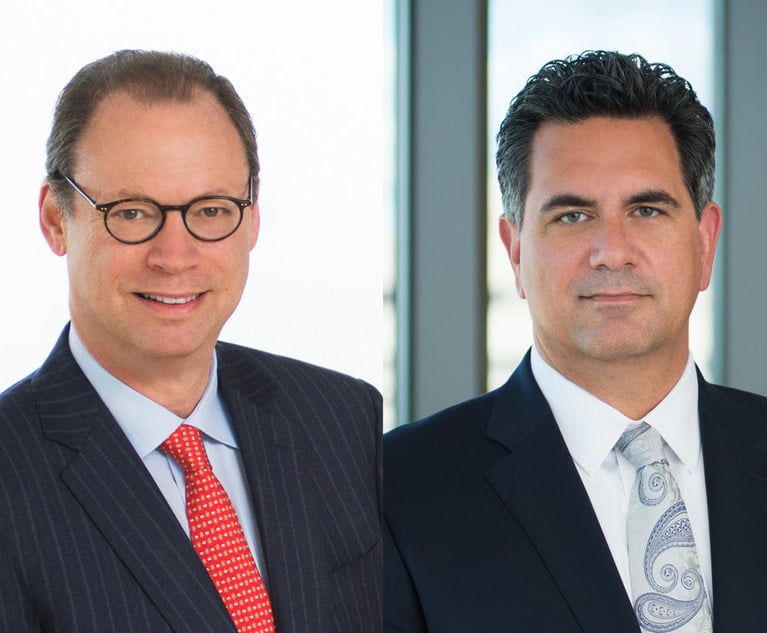As a general rule, the Bankruptcy Code provides that prepetition trade creditors receive distribution on their claims, if any, in a Chapter 11 case only in connection with a Chapter 11 plan. However, over the years, courts recognized some suppliers were viewed as critical by the debtor and needed to be paid sooner in order for the debtor to continue to have access to the goods or services provided by those suppliers on credit. As such, a supplier of critical goods or services sometimes received all or partial payment of its prepetition claim in the early days of the case in exchange for its commitment to continue to provide those goods or services during the case on similar credit terms to the prepetition arrangement. However, over the years, at the end of the case, the debtor or liquidating trustee often sought to claw back payments the supplier received in the 90 days before the bankruptcy case as a preference. Of course, if the supplier had not received the prepetition payments, it likely would have insisted it be paid those amounts as a critical vendor after the filing. And perhaps those payments would have been paid along with the open accounts receivable amounts that were paid in exchange for continuing to do business with the debtor post-petition. This issue was recently addressed by Judge John T. Dorsey of the U.S. Bankruptcy Court for the District of Delaware in Insys Liquidation Trust v. McKesson (In re Insys Therapeutics), Adv. Case No. 21-50176. Dorsey ruled that a supplier’s receipt of payment under a critical vendor order does not bar the debtor or trustee from pursuing a preference claim to recover amounts paid prepetition to the vendor.
- The Bankruptcy Court authorized payment to the defendants on unpaid prepetition debts as of the petition date, but they later were sued for prepetition amounts that had been paid before the petition date.
According to the opinion, Insys Therapeutics, Inc. and its affiliates (debtors), a specialty pharmaceutical company that developed and commercialized drugs and drug delivery systems, provided development, operational, implementation and maintenance services to the debtors. Shortly after filing their bankruptcy petitions on June 10, 2019, the debtors sought court approval to pay certain prepetition claims in order to maintain their critical customer programs. The motion identified certain the defendants as “critical customers” and requested that the Bankruptcy Court authorize payment of prepetition amounts owed to them to allow the defendants to continue to provide services required to maintain the customer programs. The court entered an order (customer order) that authorized maintenance of the customer programs and payment of the prepetition claims, but the order did not specifically direct payment of the claims.


 Left to right: Andrew Kassner and Joseph Argentina , Drinker Biddle & Reath
Left to right: Andrew Kassner and Joseph Argentina , Drinker Biddle & Reath




